I will use a function generator module which outputs 0-1V sine-wave for frequencies of interest from 0.5Hz to 30kHz importance. So my input will be 0-1V sine wave but I want to obtain an AC sine wave with 1V amplitude and 0V offset i.e symmetric swing. I also want to achieve this not by using too complicated circuitry.
Theoretically below circuit works to eliminate such offset:
And here is the output 1V with symmetric swing:
I don't have experience with these but I have couple of questions:
1-) What component in practice should replace Voff for a better accuracy? Voff can be a voltage divider or a reference voltage; but what in practice is better for a reliable offset removal?
2-) The circuit above assumes that the incoming sine is always a 1Vpp with 0.5V offset. What if the Vin's offset varies, is there a solution for that? I mean is there a zero offset Vout solution for a possible varying offset of Vin?
I don't know what is the main issue in such circuits so these are the questions I need to figure out. Maybe some other things like power supply stability, opamp type ect. more important. It would be great to hear if some could share experience.

